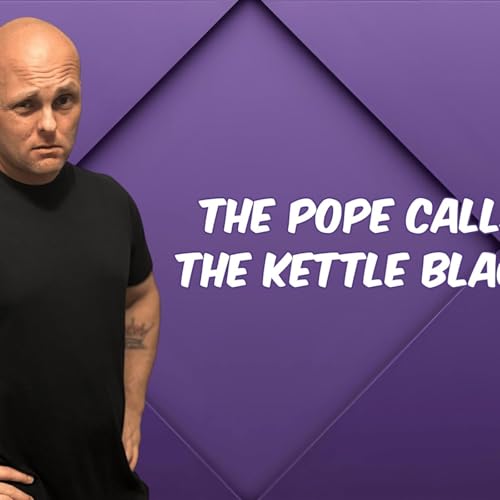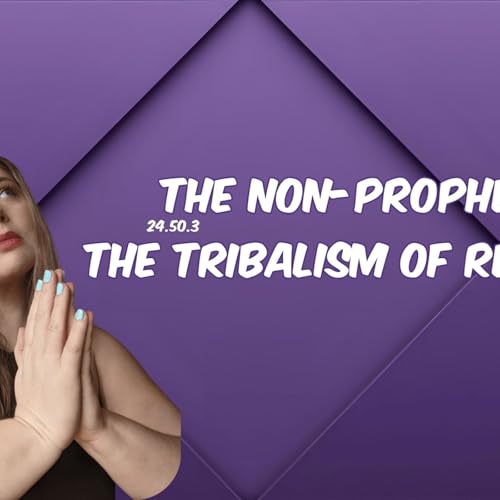The ancient human instinct for tribalism, initially a tool for cooperative survival, has been twisted into a modern social weapon amplified by instant media. We analyze how the evolutionary drive for in-group safety feeds destructive political polarization, transforming communal bonding into fierce "us vs. them" conflicts. This dynamic allows manipulative leaders to exploit fear, hoard resources, and use identity—including religion—as a relentless social cudgel in the ongoing culture war.
News Source:
🔗 https://oklahomavoice.com/briefs/oklahoma-supreme-court-tosses-bible-lawsuit-after-education-leader-declines-to-enforce-mandate/
🔗 https://www.independent.co.uk/news/donald-trump-university-of-oklahoma-kevin-stitt-oklahoma-society-b2877720.html
The Non-Prophets, Episode 24.50.3 featuring Scott Dickie, Sophia Spina, Jamie the Blind Limey
Tribalism: Your Brain's Worst Enemy 🧠
The Psychology of In-Group Hate 😡
Why We Need the 'Other' to Hate 🎯
When Religion Becomes a Tribe 🤝
The Evolutionary Flaw Killing Society 📉
How Social Media Weaponizes Division 📱
The Science of Groupthink Genocide 🤯
From Village to Vicious Online Feud 💻
Conservatism's Toxic Tribal Instincts 🚩
Stop Using God as a Cudgel 🔨
Why Your Brain Can't Handle the World 🗺️
The Primal Urge Driving US Politics 🗳️
How Tribalism Destroys Democracy 🏛️
The Truth About Human Cooperation 🧑🤝🧑
Us Vs. Them: The Culture War Blueprint ⚔️
The Non-Prophets, Episode 24.50.3 featuring Scott Dickie, Sophia Spina, Jamie the Blind Limey
News source: https://oklahomavoice.com/briefs/oklahoma-supreme-court-tosses-bible-lawsuit-after-education-leader-declines-to-enforce-mandate/
News source: https://www.independent.co.uk/news/donald-trump-university-of-oklahoma-kevin-stitt-oklahoma-society-b2877720.html
News source: https://oklahomavoice.com/briefs/oklahoma-supreme-court-tosses-bible-lawsuit-after-education-leader-declines-to-enforce-mandate/
Become a supporter of this podcast: https://www.spreaker.com/podcast/the-non-prophets--3254964/support.
続きを読む
一部表示
 23 分
23 分 19 分
19 分 23 分
23 分 1 時間 30 分
1 時間 30 分 1 時間 53 分
1 時間 53 分 2025/12/2032 分
2025/12/2032 分 2025/12/1826 分
2025/12/1826 分 2025/12/1626 分
2025/12/1626 分
